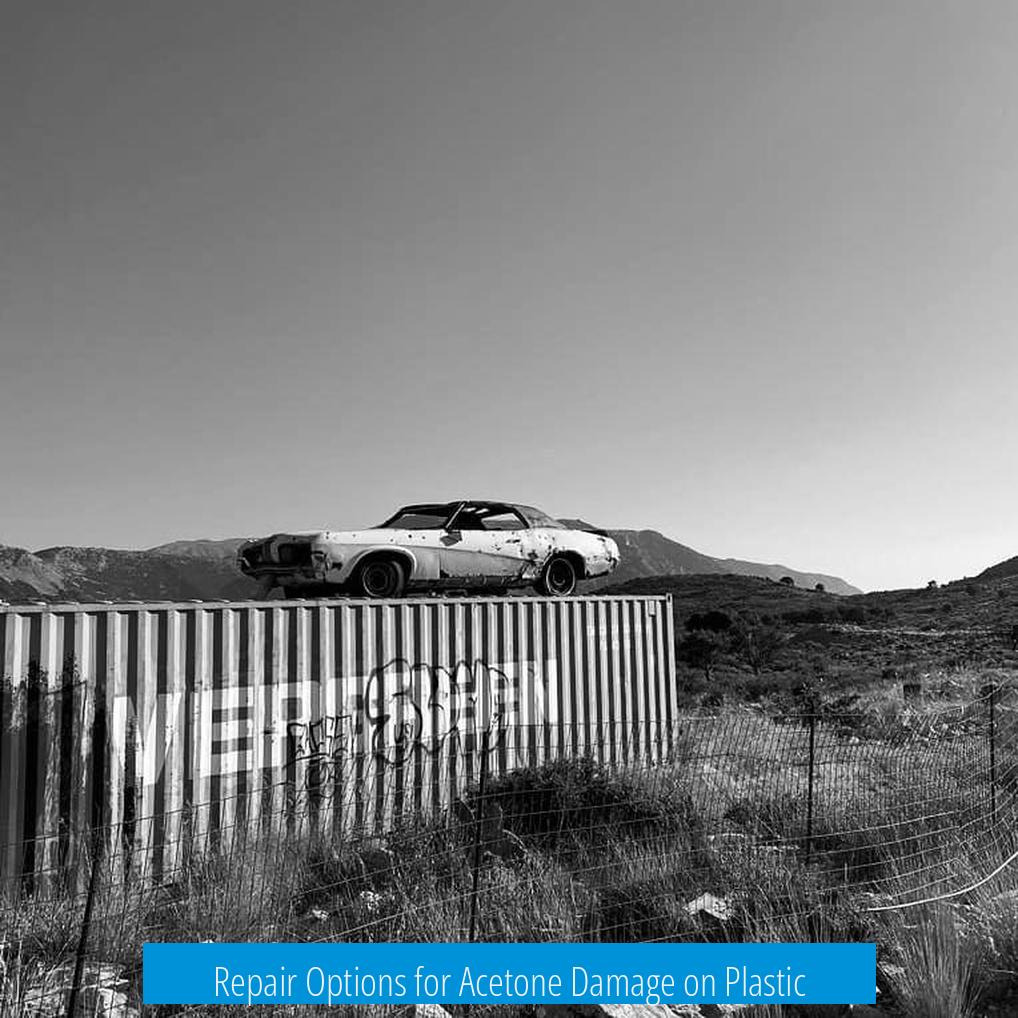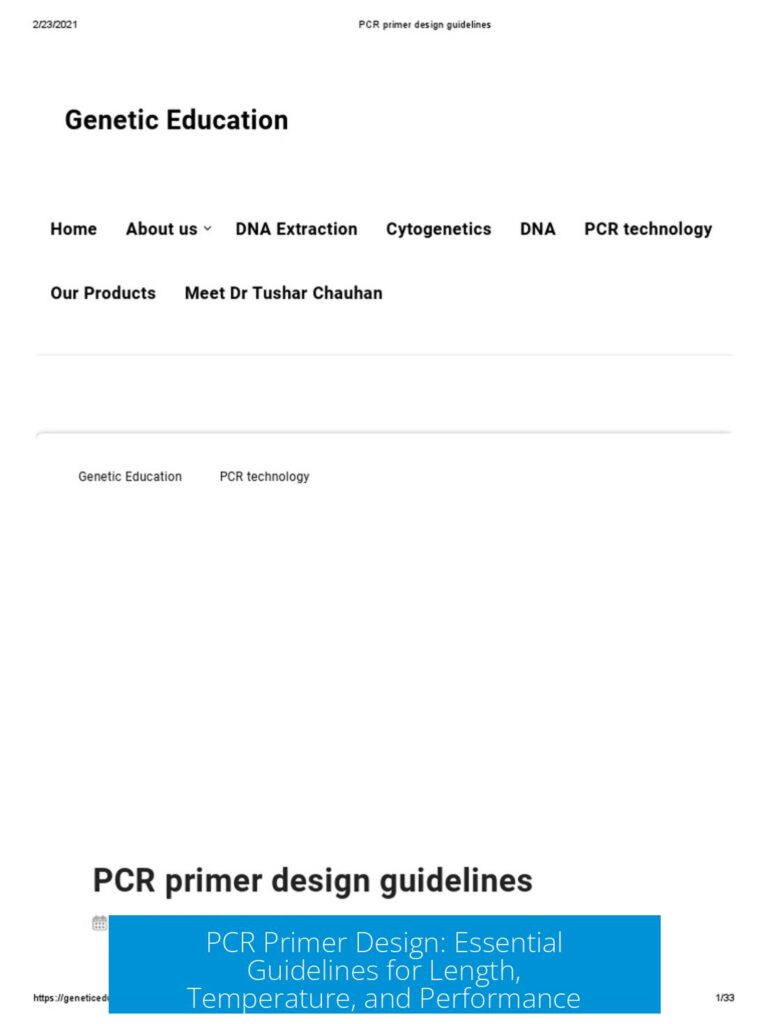Can I Repair Acetone Damage on Plastic?
Acetone damage on plastic is generally irreversible. When acetone interacts with most plastics, it acts as a solvent that dissolves or softens the surface. Once the acetone evaporates, the plastic hardens again, but the surface texture and structure change permanently. The original smoothness or clarity is lost and cannot be fully restored.
Understanding Acetone Damage on Plastic
Acetone dissolves plastic polymers, causing the material to soften and deform. This leads to surface roughness, cloudiness, or cracking. After evaporation, the plastic sets into a harder but altered state. The chemicals reshape the plastic, causing irreversible damage at the microscopic level.
Partial Repair Methods
Polishing the Surface
- Plastic polishing compounds can reduce surface roughness caused by acetone.
- These compounds remove a thin plastic layer, smoothing the texture.
- Effectiveness varies depending on plastic color; white plastic often polishes better.
- Products are available at hardware stores and online retailers like Amazon.
Applying Heat Cautiously
- A heat gun or small propane torch can sometimes improve appearance.
- This process requires expertise to avoid melting or warping the plastic.
- The window between success and damage is very narrow, often less than a second.
- Incorrect heating makes the damage worse and irreversible.
Practical Recommendations
In many cases, the best option is to accept the damage. For instance, replacing stickers or covers affected by acetone is simpler and less risky. For future cleaning, isopropyl alcohol (IPA) is safer for plastics and less likely to cause damage.
Key Takeaways
- Acetone irreversibly damages most plastics by dissolving their surface.
- Polishing can reduce surface roughness but won’t restore original condition.
- Heat treatment can improve appearance but demands skill and caution.
- Replacing damaged plastic parts or stickers is often more practical.
- Use isopropyl alcohol instead of acetone to clean plastic safely.





Leave a Comment